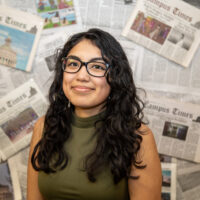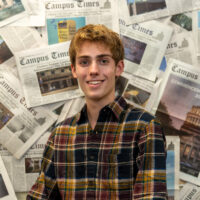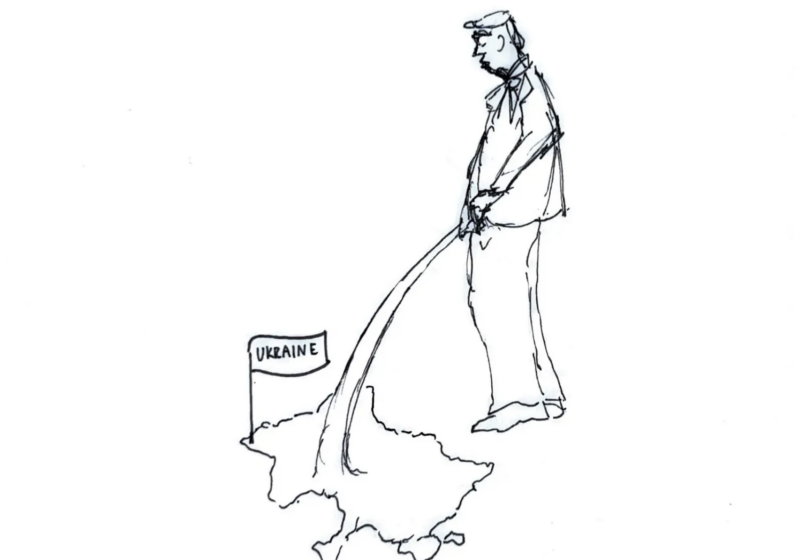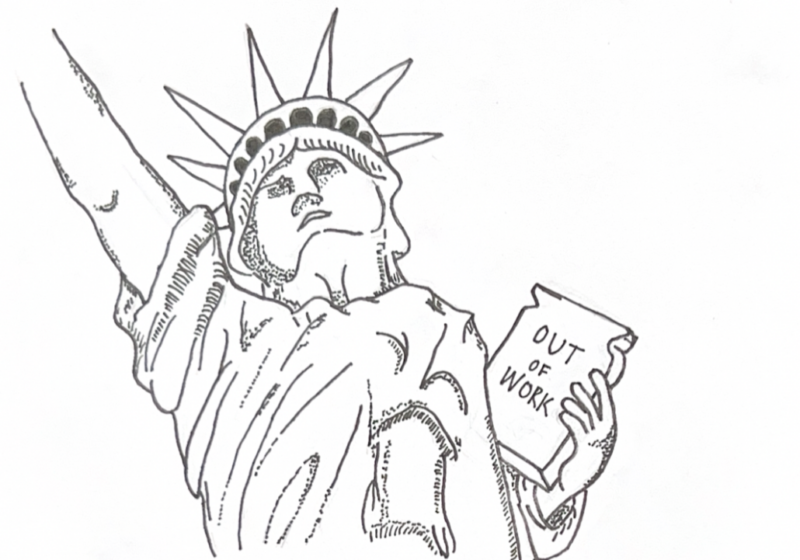There are currently 18.5 million college students across the country, according to Statista — with many of them being eligible to vote.
By having so many young voters condensed on college campuses, one might wonder, “Why don’t politicians devote more time to campaigning there?” The answer: It’s illegal.
The Johnson Amendment, a remnant of a law drafted in 1954 into the U.S. tax code, states that 501(c)(3) non-profit organizations, that claim tax-exempt status, cannot host or endorse political candidates.
This means that organizations like most colleges or churches are prohibited from exhibiting any sort of endorsement of any political campaign or candidate, such as by hosting a politician’s rally.
The theory behind the law is to prohibit institutions seeking tax-exempt status from “taking sides” in a political campaign. However, the law does not prohibit organizations from merely educating its members on how to vote or encouraging them to vote in general, so long as they do not endorse any particular candidate.
Professor of Religion and Classics Daniel Beaumont agreed with the reasoning behind the law’s existence.
“I understand it completely,” he said. “And there’s a reason for it too […] From the University standpoint, obviously, it’s like, they’re here, the University is a place of free speech, and they don’t want to be seen to be endorsing various political viewpoints.”
However, as Beaumont went on later to point out, there is some gray area.
Some confusion seems to lie in whether politicians on the campaign trail are essentially banned from school property, or if they are just prohibited from renting rooms or space to hold political rallies. Based on the law’s wording and interpretation, this decision could depend on the school’s policy.
When reached for comment, the University’s legal department explained that there are exceptions to these rules as well. They explained that the University is allowed to rent out rooms to student on-campus political groups — such as the UR Collge Democrats or Rollege Republicans, so long as those attending are solely affiliates.
The department emphasized that prior to any such events, those hosting must make a statement verbally and in print that the University does not support or oppose candidates for political office and that the opinions expressed are not those of the University.
They also added that an additional expectation exists that, “if [the University were to] choose to invite candidates to speak individually in their capacity as a candidate, we should take steps to ensure that all such legally qualified candidates are invited and that none are favored in relation to the activity.” Any such invitations must be coordinated through the University’s Office of Government & Community Relations.
Internally, the University adopted Rule 112, which stipulates much of the same regulations as does the federally-instituted tax code.
Recently, when the management of the third-party communist presidential candidate Claudia De la Cruz asked if they could rent a room to hold a speech at the University, they were turned away.
However, the University’s enforcement of this rule seems sporadic. Back in 1959, John F. Kennedy visited the schools on his campaign trail to become senator. And transcripts of his speech confirm his presence on school property. His visit would have been three years after the law barring candidates from campaigning went into effect.
Then, in July 2016, U.S. Secretary of Energy Dr. Ernest Moniz and U.S. Senator Charles Schumer were invited to the UR Laboratory for Laser Energetics (LLE) to meet with University leadership, LLE scientists, staff, and students.
During the visit, in addition to his other roles as senator, Schumer chaired the Senate Democratic Policy Committee.
Schumer also was seeking re-election, and later in the year Senate Democrats unanimously elected Schumer as Senate minority leader in November 2016. While this may not have been a rally or planned campaign event, it could potentially have been seen as the University’s tacit endorsement of the candidate.
It seems there is some room for interpretation when it comes to the University’s policy on candidates’ campus visits, and there may be different expectations for affiliated groups than for the University as an entity.
For students, the end result is that while they will not be seeing Donald Trump or Kamala Harris swing through campus to campaign, there seems to be some gray area in the law that could permit other political figures to speak to students.








